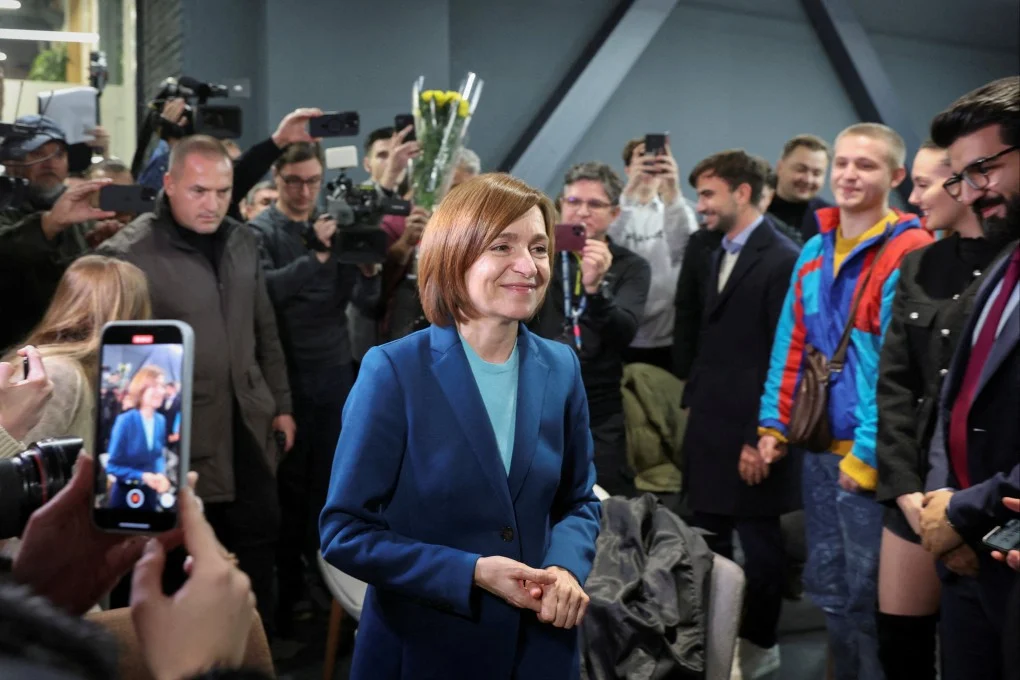Moldova held a pivotal vote on 20th October, not only to choose its next president—where Maia Sandu led with 41.92% but will face a runoff—but also to decide on the country’s EU membership. The referendum produced unexpectedly close results, raising doubts over whether this razor-thin outcome will unify or deepen the internal divisions within Moldova. Moscow, determined to sway the results, played an active role, mobilizing considerable resources to influence the final tally.
According to Moldovan authorities, Russia intervened heavily in the campaign, spending millions of dollars through various proxy networks in an attempt to buy some 300,000 votes—around 17% of the electorate in a country with 2.5 million citizens and 1.8 million eligible voters.
Although initial polling suggested that 63% of voters supported EU membership, the actual result deviated sharply: only 50.03% voted in favor, with 49.97% opposed—a difference of just 0.06%. While the pro-EU faction technically won, the narrow margin raises a critical question: is this slender lead sufficient to set the country’s future course?
Division and the Dangers of Russian Influence
The referendum underscored Moldova’s deep divisions, revealing a nation split almost evenly into two camps. Such polarization makes Moldova vulnerable to foreign interference, as external powers can easily exploit these rifts to shape domestic politics in their favor. Russia adeptly seized this opportunity, channeling vast sums of money to sway public opinion toward its agenda.
In contrast, Russia’s own electoral process is a mere formality, where elections resemble stage-managed spectacles with preordained outcomes. In Russia, it is a matter of drawing the percentage of votes for Putin to be either 80% or 90%.
The Road Ahead for Moldova
Now, Moldova faces a challenging decision: is this narrow margin enough to justify continuing its EU accession process, or should further discussions—or perhaps even another referendum—be held to solidify a national consensus? One thing is clear: these recent events serve as a stark warning for Moldova and any other country in a sensitive geopolitical position with significant foreign influence.

